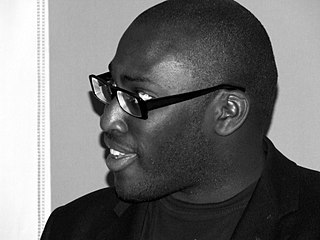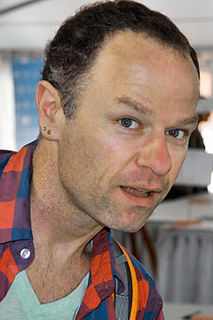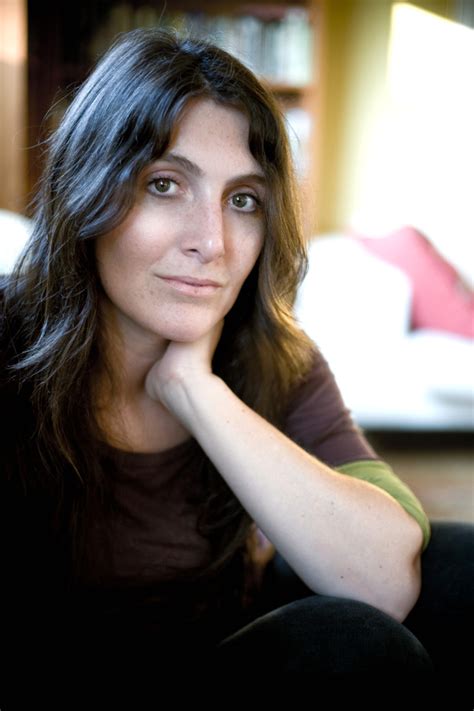A Quote by Shakti Gawain
If we look honestly at our relationships, we can see so much about how we have created them.
Related Quotes
People always go on about how fantastic relationships are in the beginning, and of course everyone hates relationships when they end, but what about the middles? the middles where you know everything there is to know. Where you can look at the person you love and know what they're thinking, see something on the telly and know how they'd react;When you know exactly what they'd wear to come round and see you.
A stranger can see in an instant something in you that you might spend years learning about yourself. How awful we all are when we look at ourselves under a light, finally seeing our reflections. How little we know about ourselves. How much forgiveness it must take to love a person, to choose not to see their flaws, or to see those flaws and love the person anyway. If you never forgive you’ll always be alone.
I just really care about what people see. I want them to know that I'm working hard for this. The artists that I look up to like, you know, Michael, Prince, James Brown. You watch them and you understand that they're paying attention to the details of their art. And they care so much about what they're wearing, about how they're moving, about how they're making the audience feel. They're not phoning it in. They're going up there to murder anybody that performs after them or performs before them. That's what I've watched my whole life and admired.
I believe in empathy. I believe in the kind of empathy that is created through imagination and through intimate, personal relationships. I am a writer and a teacher, so much of my time is spent interpreting stories and connecting to other individuals. It is the urge to know more about ourselves and others that creates empathy. Through imagination and our desire for rapport, we transcend our limitations, freshen our eyes, and are able to look at ourselves and the world through a new and alternative lens.
The most important part about tomorrow is not the technology or the automation, but that man is going to come into entirely new relationships with his fellow men. He will retain much more in his everyday life of what we term the naïveté and idealism of the child. I think the way to see what tomorrow is going to look like is just to look at our children.
Many oriental cultures make a distinction between two ways of looking - 'hard eyes' and 'soft eyes'. When we look with hard eyes, we see specific details with sharp focus, but we don't see the relationships between different details as well. When we look with soft eyes we see the relationships between everything in our field of vision, but with this softer focus, we don't see all the details as clearly. It's possible to look in two ways at once.
As clichéd as it sounds, relationships between women do shape so much of our understandings of ourselves, starting with our mothers. I think all women can relate to the feeling of having merged with best friends. We begin to look alike, talk alike, even take on the same mannerisms. They are as close as family. We give a lot of attention to the heterosexual, nuclear family, but our friends determine as much, I bet, of who we are, how we feel, and how we behave.

































